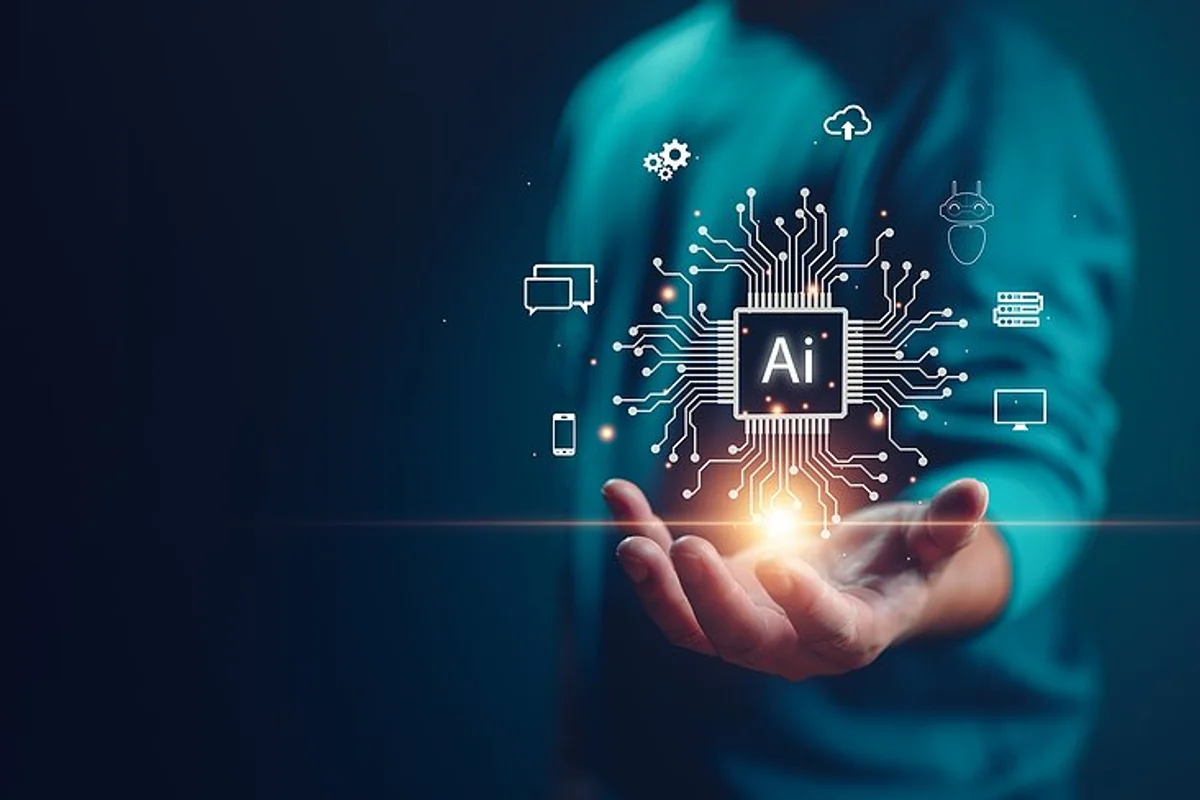AI is rapidly changing the world, and 2025 promises to be a big year for its growth. From smaller, more efficient models to AI systems that can reason like humans, here are 12 key predictions for the future of AI.
1. Smaller, Tailored AI Models
While large language models like ChatGPT have grabbed attention, many businesses will shift towards smaller, custom AI models. These models will be cheaper, faster, and more efficient, tailored to specific business needs. They can also be trained using a company’s own data for better results.
2. AI Approaching Human Reasoning
AI is becoming more advanced in reasoning. OpenAI’s new models show improvements in problem-solving, achieving PhD-level performance in subjects like physics and chemistry. This advancement will allow AI to help with decision-making and planning, and it could revolutionize industries that rely on complex reasoning.
3. Massive Growth in Proven Use Cases
In 2025, AI use cases with proven ROI, like customer service and marketing, will see widespread adoption. Businesses will integrate AI into their software, making it easier for them to adopt and benefit from the technology.
4. Reinventing Agile Development
Agile development, which has been the standard for years, will evolve. AI will play a larger role in how software is developed, shifting from being a tool for individual productivity to transforming the entire development process.
5. Increased Regulation
AI will face more regulation in the coming years. Laws like California’s new law requiring AI developers to disclose their training data will set the stage for stricter regulations globally. Companies will need to ensure that their AI systems comply with data privacy and ethical standards.
6. AI Becomes Ubiquitous
AI will become as essential as the internet. It will be seamlessly integrated into daily workflows, making it more accessible and user-friendly. As a result, people will use AI without needing to understand its complex workings.
7. AI Agents Replacing Services
AI agents will replace traditional software systems. These agents will be more flexible and intelligent, helping businesses automate tasks more efficiently. As AI becomes more affordable, its use will expand, making agents a key part of business operations.
8. Rise of Agentic Assistants
AI agents will help businesses stay updated on regulations and other important tasks. These assistants will be able to handle complex tasks like legal compliance or vendor interactions, saving time and improving productivity.
9. Multi-Agent Systems
In the future, AI agents will work together to complete tasks. This will lead to more efficient and intelligent systems. Multi-agent systems will be able to communicate and collaborate, automating more work and improving decision-making.
10. Multi-Modal AI
AI will become multi-modal, meaning it can process text, speech, images, and more. This will improve AI’s ability to understand the world and interact with humans. By 2027, 40% of AI solutions are expected to be multi-modal, up from just 1% in 2023.
11. Better Human-AI Interaction
As AI becomes multi-modal, its ability to interact with humans will improve. AI will be able to understand different types of input—like text, voice, and images—making it more intuitive and useful for everyday tasks.
12. AI Agents in the Workplace
AI agents will become a regular part of the workplace, helping with tasks like organizing communications, managing projects, and analyzing data. These agents will become essential tools for improving productivity and streamlining operations.












Leave a comment